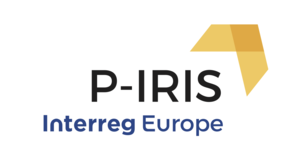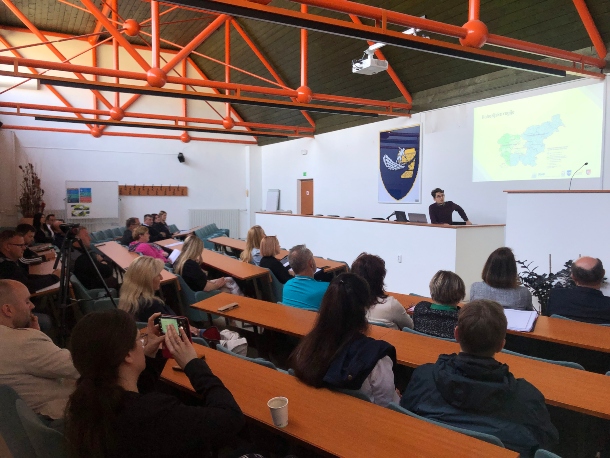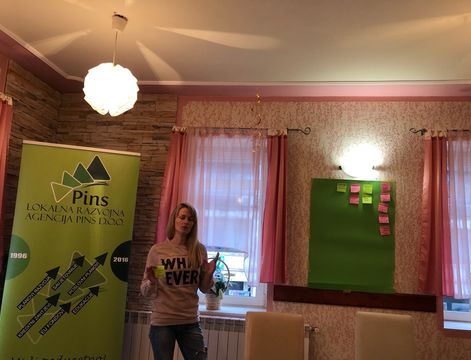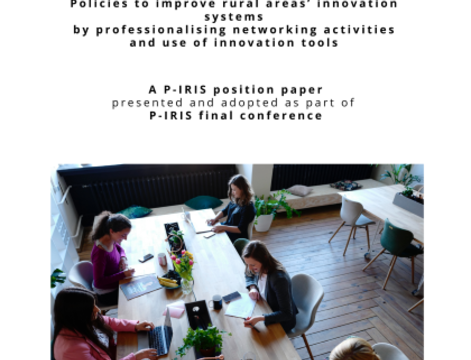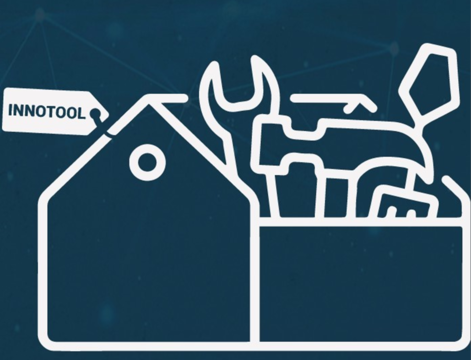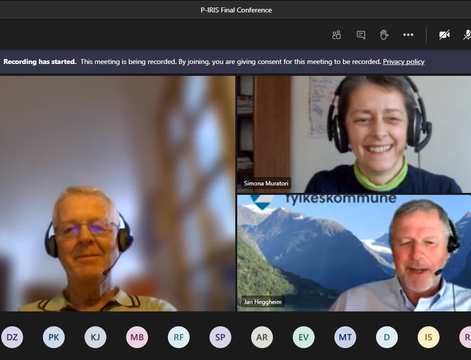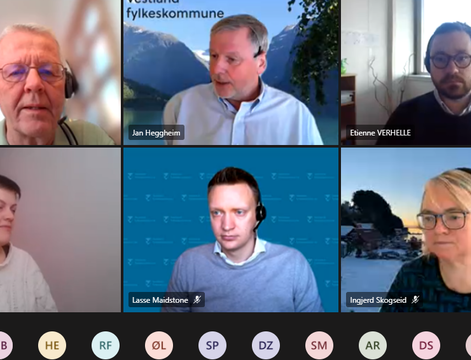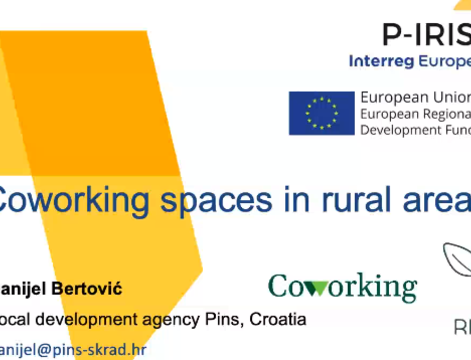Urban – rural cooperation for overcoming fragmentation and for supporting business innovation in rural areas.
Partners and stakeholders of P-IRIS project which is focusing on rural areas’ innovation systems attended 6th Study Visit in Lombardia Region (Italy) between 3rd and 6th June 2019. Study Visit was focused on three important and interlinked parts. First part was dedicated to Regional Event with focus on methods and examples for urban – rural cooperation. Second on presentations of local good practices that are trying to overcome fragmentation in rural areas of Valle Camonica. And last on two workshops; Action Plans development and Toolbox revision.
Working in interregional projects provides a great opportunity to learn and work with other interregional projects. The Study Visit in Italy offered this opportunity in many ways. Representatives of RUMORE project (Interreg Europe), OPEN AGRI project (Urban Innovative Action Project) and AMRT VILLAGES (Alpine Space Project) gave an important input to P-IRIS Regional Event. Besides, representatives of Lombardy Region addressed actions and ongoing projects orientated towards rural parts of metropolitan area: large scale distribution and food service marketing, green public space management and a good practice of “local rice for Milan school canteens”. All of these addressed important topic of urban-rural networks fostering cooperation and connecting territories at risk of disappearing in economic terms. These cooperation are orientated towards cooperative growth, innovation, internationalisation, organisation, logistics, through shared resources and knowledge.
Organising partner, Poliedra (Italy), presented in the second part of the Study Trip good practices of different environments, networks and support structures in Valle Camonica. Taking into consideration that these structures and networks address specific environment of mountain community and it’s fragmentation, they are all aware of the need to preserve natural resources, local traditions, boost entrepreneurship and improve rural areas' innovation systems. Of many useful learning points, two might be highlighted especially. Andrea Domeneghini, founder of rural co-working space Limes Farm, revealed that the most important aspect of the co-working space is the social aspect, which is why this aspect should be a lot more addressed when recruiting young people to be a part of these rural innovative hubs. And Professor Guido Cali (Vallecamonica Mountain Community) explained that the best way to overcome fragmentation is by cooperation and networking. He advocated that policies should be defined to make the local community cooperate and act together, but involvement of stakeholders in the process of policy making is important. By making stakeholders cooperate, you can build an identity, which is the opposite of fragmentation.
As P-IRIS project is entering Phase II, project partners are in their last stages of Action Plan preparations. As such, workshop on this topic was very relevant and much needed. Partners discussed interregional aspect of Action Plans and summarised all good practices we visited in Norway, Spain, Croatia, Italy, Finland and Slovenia. The learning process of P-IRIS project is based on all the study visits, workshops and the effort to truly understand the impact of all these. Transfer of relevant lessons learned from other local environments is a primary goal of our project. Of course results of this will be most visible in local environments of each project Partner. P-IRIS project will impact the improvement of networking activities and innovative rural environments in all six countries.

Group photo in Valle Camonia

P-IRIS presentation at Regional Event in Milan

Partners during workshop on Action Plan Development
